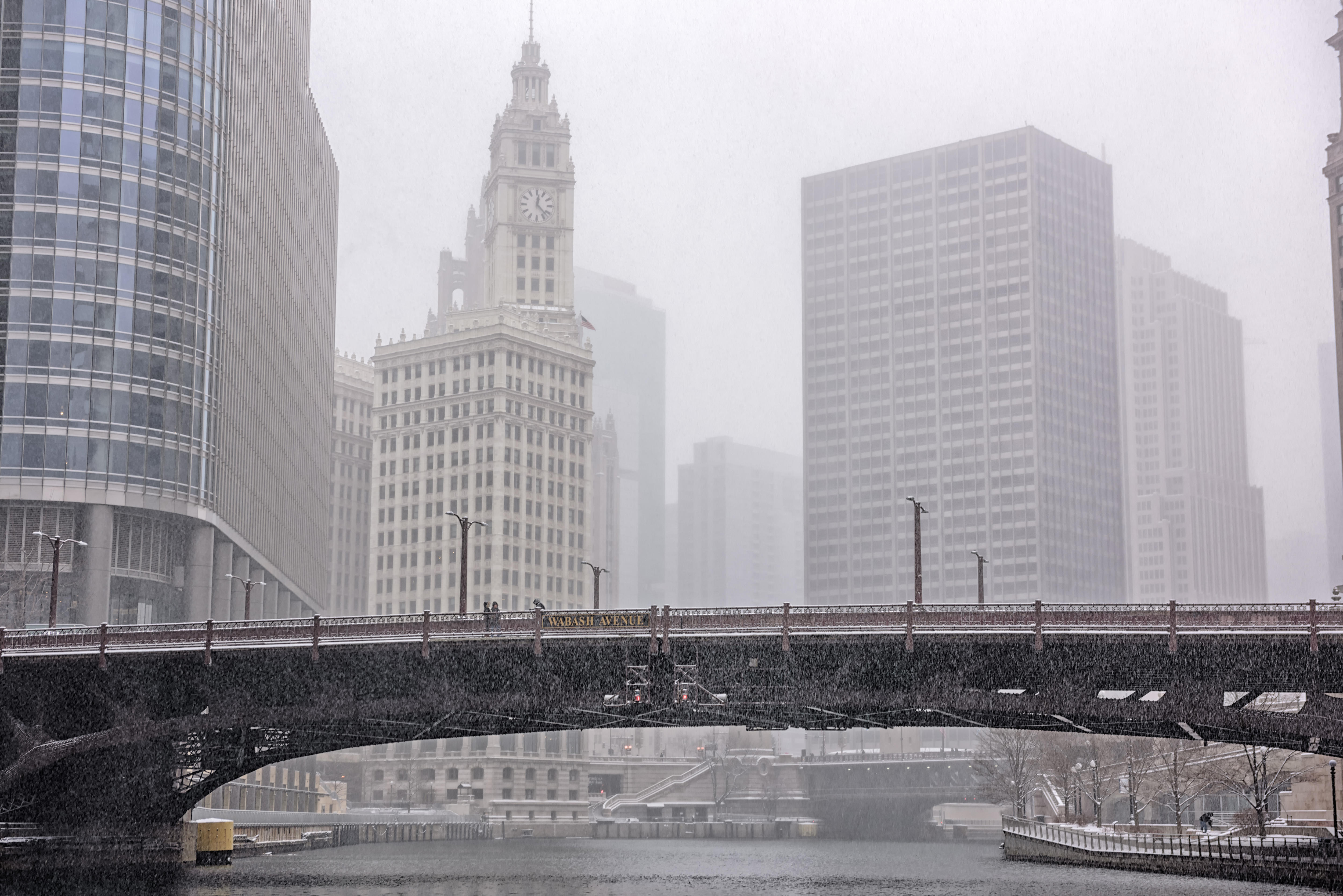It may not be fall just yet, but seasonal allergies are peaking in the Chicago area. Three allergens in particular are wreaking havoc for allergy sufferers right now, according to Loyola Allergist Dr. Rachna Shah.
This won’t surprise the thousands of Chicago-area residents that suffer from seasonal allergies, but weed and mold allergens are hitting high levels in the region, and it may be a while before relief could arrive.
According to the National Allergy Bureau’s measuring station in suburban Melrose Park, both weed and mold allergens are currently at high levels in the Chicago area.
Ragweed is the primary allergen impacting area residents at the moment, but sage, wormwood and amaranth are among the others causing issues, according to the bureau.
Ascospores and basidiospores are also causing problems for residents, leading to a whole host of symptoms that include runny nose, sneezing and headaches, among others.
According to experts, weed and mold tend to pollinate in August and September in Illinois, explaining why allergen levels have been so high as of late.
For weed-based allergens, the peak season is expected to run through the end of September, while mold-based allergens tend to remain present through the first freeze of the fall, according to experts with the University of Chicago.
Typically that first freeze of the year tends to occur around mid-October in Illinois, but last year the first freeze of the year was delayed because of warmer-than-normal weather, occurring in November through much of the state.
Local
According to long-term climate predictions from the NOAA, that may be the case again this year, as experts believe that Illinois could be in for warmer-than-normal temperatures for most of meteorological fall, which runs from September through November.
Climate change could also be causing allergy season to last longer and to be more intense. According to a study from the University of Michigan, pollen emissions could begin 40 days earlier and last an additional three weeks by the end of the 21st Century, with pollen levels increasing by as much as 200% in that time.
Feeling out of the loop? We'll catch you up on the Chicago news you need to know. Sign up for the weekly Chicago Catch-Up newsletter.
For now, residents are urged to take common-sense precautions if they are suffering from seasonal allergies, keeping an eye on pollen counts and trying to limit outdoor activities to times when pollen counts tend to be lower, especially in the morning.
Residents are also urged to wear wraparound sunglasses when outdoors during high-pollen times, and to change clothes and shower when coming back home.



